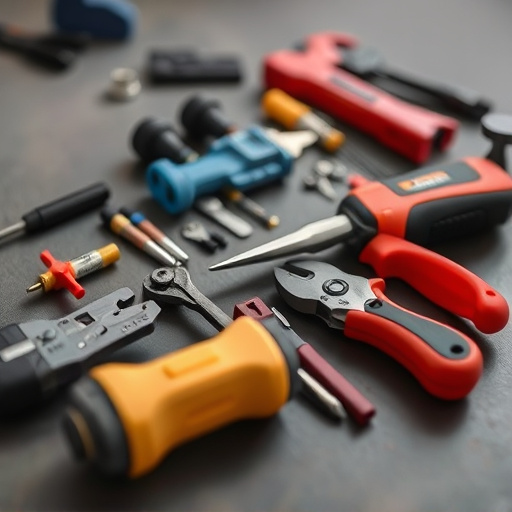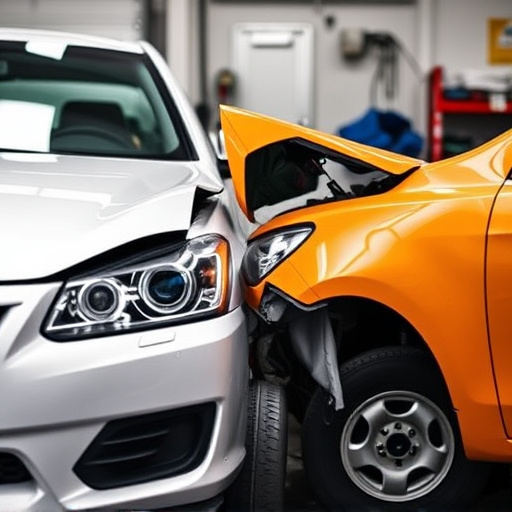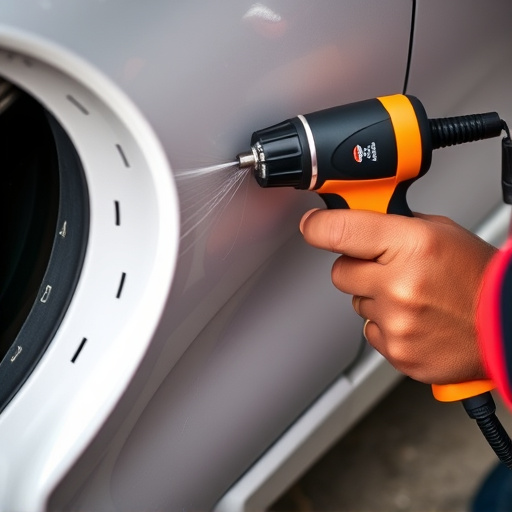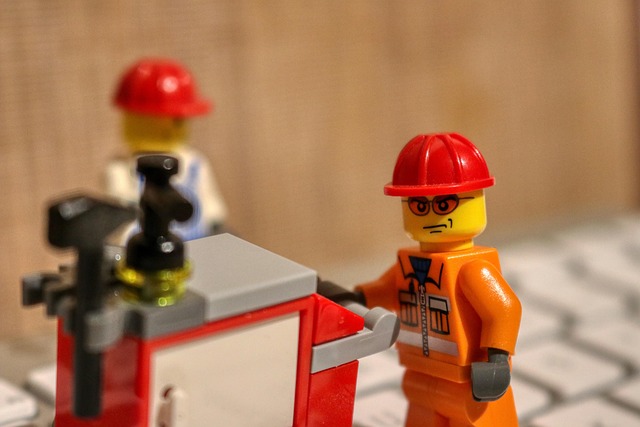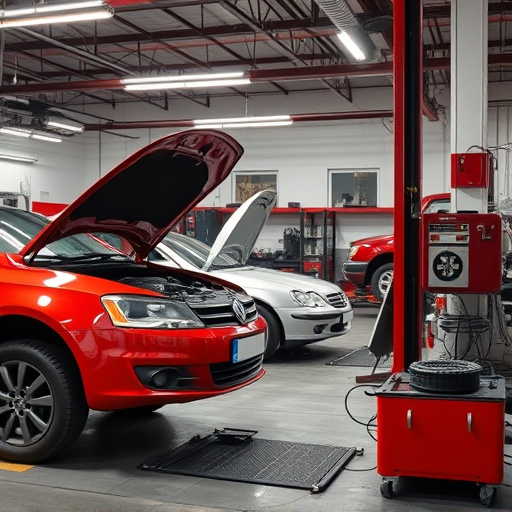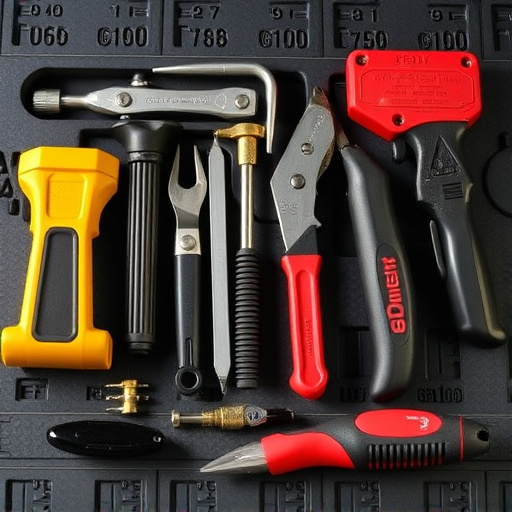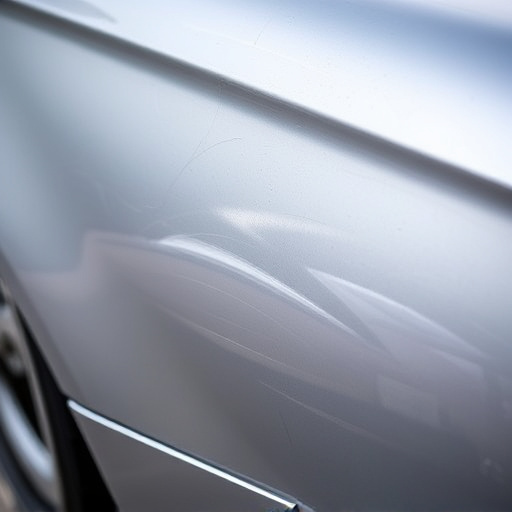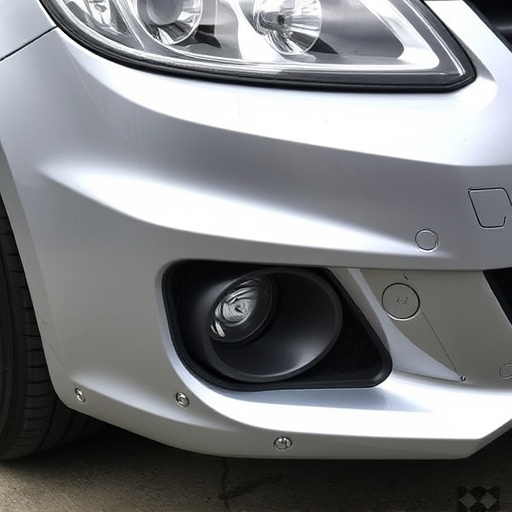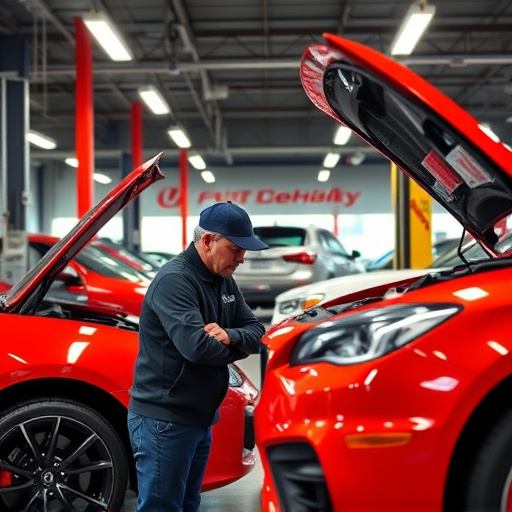Repairs after accidents or hail damage can reduce a vehicle's trade-in value through diminished value after repair. Buyers may be deterred by evidence of prior accidents, so dealers should focus on high-quality repairs, transparent inventory management, and detailed restoration reports to maintain trust and accurately appraise vehicles.
In the dynamic world of automotive trading, understanding the impact of repairs on vehicle values is paramount for car dealers. This article delves into the complex issue of diminished value after repair, exploring its profound effects on trade-in situations. We dissect how various repairs influence a vehicle’s worth and offer strategic insights to mitigate potential losses. By grasping these principles, dealers can navigate post-repair trade-ins with confidence, ensuring fair assessments and maximizing customer satisfaction.
- Understanding Diminished Value Post-Repairs
- How Repairs Impact Trade-In Values
- Mitigating Loss: Strategies for Car Dealers
Understanding Diminished Value Post-Repairs

After a vehicle undergoes repairs, especially for significant issues like accident damage or major mechanical problems, its value often takes a hit—a concept known as diminished value after repair. This decrease in worth isn’t always apparent immediately post-fix; it can manifest gradually over time as the vehicle’s history becomes more transparent to potential buyers. The extent of this reduction varies based on several factors, including the scope of repairs, age and overall condition of the car before the incident, and market demand for similar models.
While a simple fix like a car dent repair might not significantly impact the vehicle’s value, more complex procedures such as auto painting or extensive mechanical overhauls can leave a lasting impression on its resale potential. Many drivers don’t realize that their insurance companies often deduct this diminished value from the settlement amount during a trade-in. This is why it’s crucial to understand your rights and seek expert advice when dealing with auto repair shops, ensuring you receive fair compensation for your vehicle, even after repairs have been made.
How Repairs Impact Trade-In Values

Repairs can significantly impact a vehicle’s trade-in value, often leading to what’s known as diminished value after repair. When a car suffers damage—be it from an accident, hail, or other incidents—and requires professional attention at a car body shop, the process can affect its overall condition and appeal to potential buyers. Even with meticulous repairs, such as those for hail damage repair or vehicle body repair, the history of the vehicle might cast a shadow on its resale value.
This is because trade-in assessors are keenly aware that even well-executed repairs cannot completely erase the previous damage. Visible evidence of prior accidents or extensive car body repair can deter buyers, who may question the integrity and longevity of the vehicle. As a result, a car’s trade-in value often takes a hit, reflecting the perceived risk associated with purchasing a vehicle with a history of damage and subsequent repairs.
Mitigating Loss: Strategies for Car Dealers

Car dealers often face challenges when dealing with diminished value after repairs, especially when trading-in vehicles. To mitigate this loss, several strategic approaches can be employed. Firstly, maintaining a robust quality control process for all repair work is essential. This includes ensuring that only licensed and experienced technicians handle auto body repair and collision repair services, adhering to industry standards, and using high-quality parts. By upholding these standards, dealers can minimize the visual and functional differences between repaired and pristine vehicles.
Additionally, investing in an efficient inventory management system allows dealers to track vehicle history, including any previous accidents or repairs. This transparency is crucial when appraising trade-in vehicles, enabling dealers to accurately assess diminished value after repair and make informed decisions. Offering detailed reports on the restoration process and highlighting the benefits of professional vehicle restoration can also build trust with potential buyers, ensuring a smoother sales process.
After repairs, a vehicle’s diminished value can significantly impact trade-in situations. Understanding how repairs affect resale value is crucial for both car dealers and buyers. By implementing strategies to mitigate this loss, dealers can ensure fair transactions while providing customers with transparent information about the potential decrease in their vehicle’s worth post-repair. Recognizing and addressing diminished value after repair is essential for navigating the complexities of the automotive trade-in landscape.
